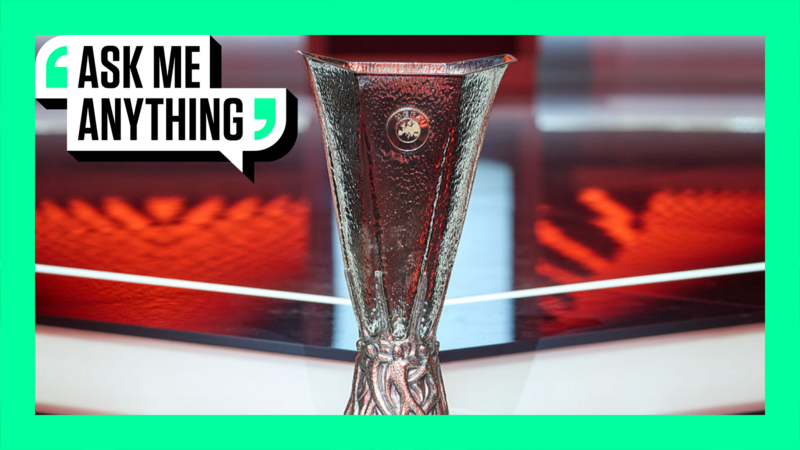Europa League Shift: Why Wednesday Matches Are Happening Now!




In the bustling world of European football, UEFA's decision-making can often seem esoteric, but there's always a method to the madness. This week's schedule of nine Europa League matches on a Wednesday evening is a prime example, departing from the usual Thursday slot associated with the competition. Let's dive into the factors that led to this scheduling anomaly and what it means for the clubs involved.
The Europa League, UEFA's second-tier competition in terms of prestige behind the Champions League, typically reserves Thursday nights for its showdowns. However, scheduling conflicts can arise due to various factors such as venue availability, local events, and even national regulations regarding broadcasting and public gatherings. In this instance, the shift to Wednesday allows for accommodation of these complexities.
A significant consideration for UEFA when planning such deviations is television rights. Broadcasters have a considerable influence, as their contracts stipulate extensive coverage, which in turn affects viewership and advertising revenues. With the Champions League dominating Tuesday and Wednesday nights, fitting Europa League games into this schedule can maximize exposure and provide fans with more live football to enjoy throughout the week.
Another important factor is the logistical challenge of coordinating multiple games across different countries, each with its own COVID-19 regulations and restrictions. By shifting some of the Europa League fixtures to Wednesday, UEFA can ensure that all matches are played under conditions that adhere to local health guidelines, thereby safeguarding the health of players, staff, and fans.
Moreover, the alteration in the schedule can sometimes benefit the teams themselves. Playing on Wednesday provides an extra day of rest and preparation ahead of domestic league matches typically held on weekends. This can be particularly crucial during the intense mid-season periods when squads are stretched thin due to injuries and fatigue.
The teams taking the field on this unusual Europa League Wednesday will be approaching these fixtures with a mix of strategies. For some, it will be an opportunity to rotate their squads, giving game time to players who are usually on the bench. For others, particularly those who are still fighting for qualification to the knockout stages or for a top spot in their group, these matches are pivotal.
This week's Wednesday fixtures also include intriguing matchups that promise to captivate audiences. Teams from different leagues with contrasting styles of play will battle it out, adding an extra layer of excitement and unpredictability to the competition. Fans can expect tactical battles, individual brilliance, and perhaps a few surprises as clubs from across Europe vie for supremacy and progression in the tournament.
As we move deeper into the competition, each game gains in significance. The points at stake in these mid-week matches could be crucial in determining who advances to the later stages and who gets dropped from the competition. The storylines are rich and varied, with traditional powerhouses aiming to assert their dominance, while smaller clubs look to challenge the status quo and cause upsets.
In conclusion, while the shift to Wednesday games in the Europa League may initially seem like a simple calendar reshuffle, it is a change that holds significant implications for all involved—from the tactics board in the locker room to the broadcasting schedules in media centers. As always in football, adaptability could well be key to success, and this week provides a perfect test of that principle.